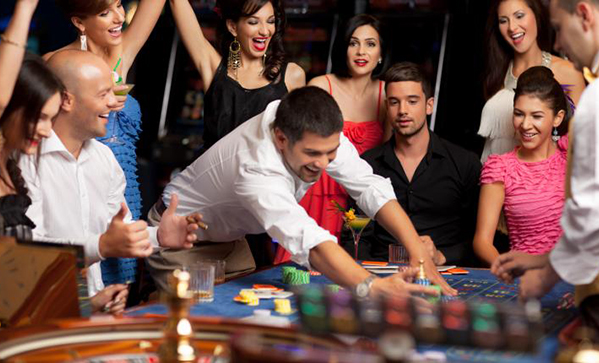If you’ve ever spent time with a down-on-their-luck gambler, you’ve probably heard about how they were “due” for a win. Gamblers have a couple of foolish beliefs that explain a lot of their behaviour. When they’re losing, they commit “gambler’s fallacy” and think that with all their bad luck, they’re bound to get some good luck and win enough to make up for their losses. When they’re winning, they like to chase a “hot hand” and keep betting—for examples of both, check out the Sopranos episode “Chasing It”. The rational part of our brain tells us that hot hands are nonsense—right?
Not exactly. A recent study in Cognition has found that some “hot hands” may be a product of a gambler’s own behaviour—and conversely, gamblers expecting their luck to turn around because they’re “due” make it even worse on themselves. Researchers examined 565,915 bets placed online by 776 people hoping to win big in horse racing and football. The online part is important, because the bets could be timed precisely. Then, they looked at winning and losing streaks six bets long.
Winning a first bet had odds of 48%. The second, 49%. After that, odds went to 57% for a third, 67% for a fifth, and 72% for a sixth. As for the losers, they slipped to 47% for their second bet, and then stayed at 45% for the rest of their bets.
What’s going on? Why would odds of winning increase the longer a streak went? Well, researchers found that people on a winning streak started placing safer bets—they won more often, but kept the streak alive. Conversely, people on a losing streak helped sabotage themselves by placing more reckless bets—hence the phrase, “on tilt”.
If there’s once lesson from this study, it’s to stop betting while you’re down—know when to fold ‘em. If there’s a second lesson, it’s maybe take up games of skill instead of games of chance—poker over craps, we always say.


